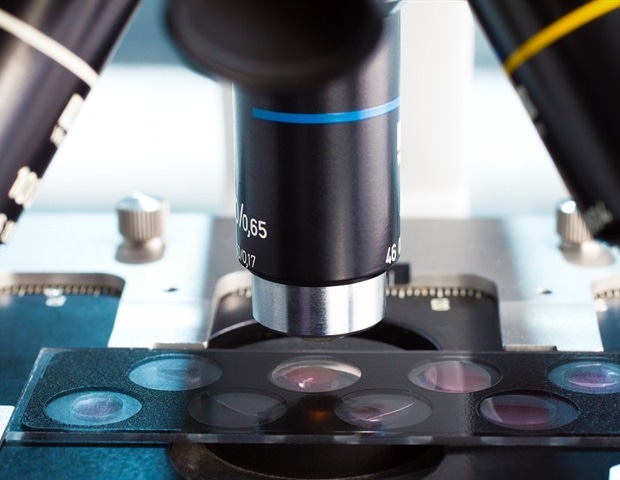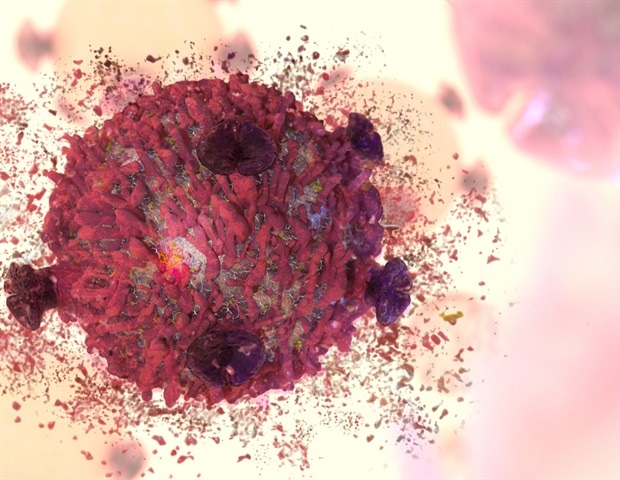The link between obesity and cancer is undeniable, with excess fat cells acting as a catalyst for tumor development. While challenges exist in...
Vous n'êtes pas connecté
- English
- Français
- عربي
- Español
- Deutsch
- Português
- русский язык
- Català
- Italiano
- Nederlands, Vlaams
- Norsk
- فارسی
- বাংলা
- اردو
- Azərbaycan dili
- Bahasa Indonesia
- Հայերեն
- Ελληνικά
- Bosanski jezik
- українська мова
- Íslenska
- Türkmen, Түркмен
- Türkçe
- Shqip
- Eesti keel
- magyar
- Қазақ тілі
- Kalaallisut ; kalaallit oqaasii
- Lietuvių kalba
- Latviešu valoda
- македонски јазик
- Монгол
- Bahasa Melayu ; بهاس ملايو
- ဗမာစာ
- Slovenščina
- тоҷикӣ ; toğikī ; تاجیکی
- ไทย
- O'zbek ; Ўзбек ; أۇزبېك
- Tiếng Việt
- ភាសាខ្មែរ
- རྫོང་ཁ
- Soomaaliga ; af Soomaali
 Maroc - THEPARADISE.NG - A La Une - Hier 17:10
Maroc - THEPARADISE.NG - A La Une - Hier 17:10
A new atlas of cells in fat tissue
Obesity is increasing worldwide and is linked to health problems, but not everyone with obesity develops these issues. Some people with obesity are still considered metabolically healthy. The fat inside the abdomen (visceral fat) is a key predictor of health risks because dysfunction in fat tissue affects metabolism and increases the risk of diseases. Recent advances in single-cell and single-nucleus transcriptomics have provided new insights into the complexity of fat tissue and how it responds to obesity. However, there is still limited understanding of how different cell populations and their gene expression relate to disease severity. Researchers from Zurich and Read Full Article At: A new atlas of cells in fat tissue
Articles similaires
How First-Trimester Weight Gain Affects Your Baby's Health
Excess maternal weight gain in the first trimester causes foetal fat accumulation, increasing risks of obesity, diabetes, and heart disease later in...
Poor muscle health linked to early death in obesity
New research presented at the European Congress on Obesity (ECO) in Venice, Italy, has found that poor muscle health can significantly increase the...
How Stress Triggers CfDNA Release in Men and Women
Cell-free DNA (cfDNA), consisting of fragments from the nucleus (cf-nDNA) and medlinkmitochondria/medlink (cf-mtDNA), has become a promising area
New microscopy technique offers affordable way to study cancer cell metabolism
Understanding how tumors change their metabolism to resist treatments is a growing focus in cancer research.
Orange compound may help reduce obesity and heart disease risk
Scientists from Western University have discovered that a natural compound found in sweet oranges and tangerines could help fight obesity, diabetes,...
New findings could make off-the-shelf CAR T cell therapy a reality
CAR T cell therapy is one of the most promising new cancer treatments to emerge in recent years. It involves removing a patient's own immune T cells...
New machine learning approach improves single-cell data analysis
Our bodies are made up of around 75 billion cells. But what function does each individual cell perform and how greatly do a healthy person’s cells...
Exploring the interaction between cell death and cellular senescence in cancer
Aging cells secrete substances known to promote the growth of cancer cells. The development of drugs that can selectively kill these cells or inhibit...
Jennifer Knight-Madden | Sickle cell disease – coming out of silos to advance care
Sickle cell disease (SCD) is a genetic disease that affects the blood. Persons inherit a gene from each parent that changes how haemoglobin is made. ...
Les derniers communiqués
-
Aucun élément







